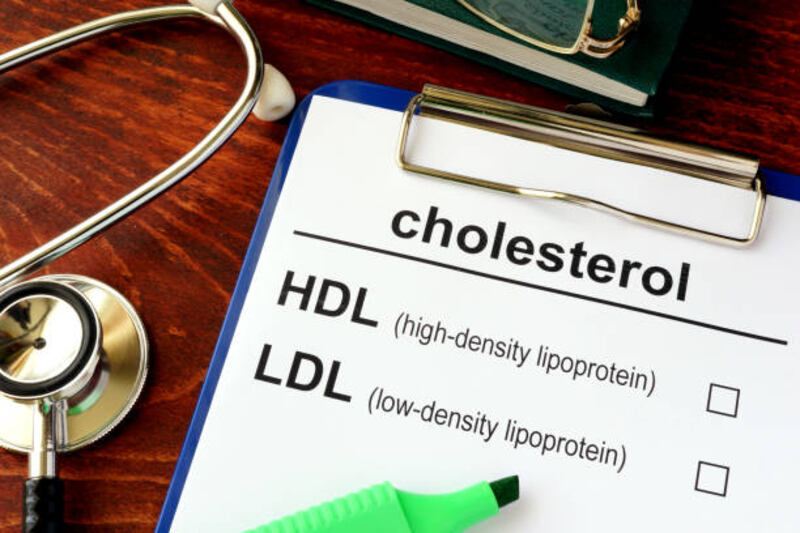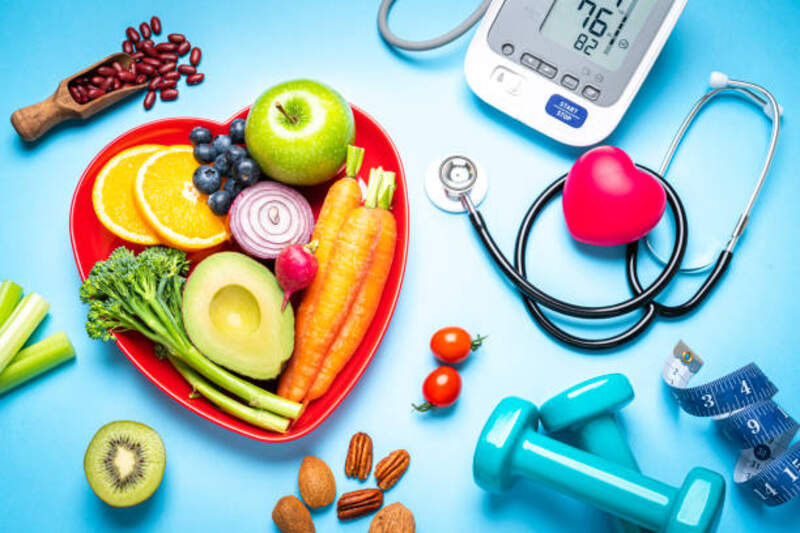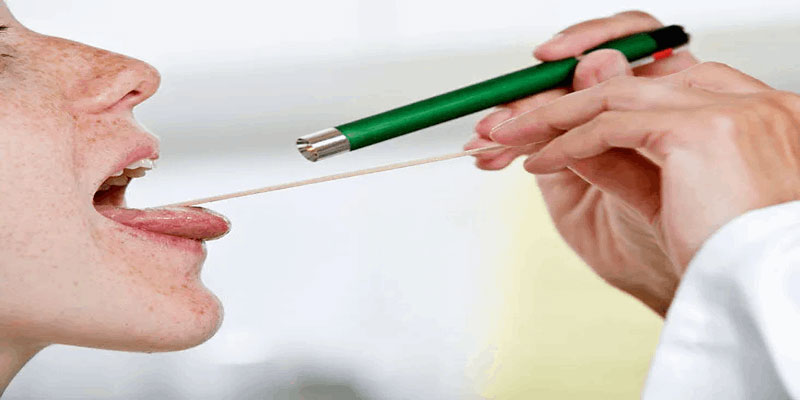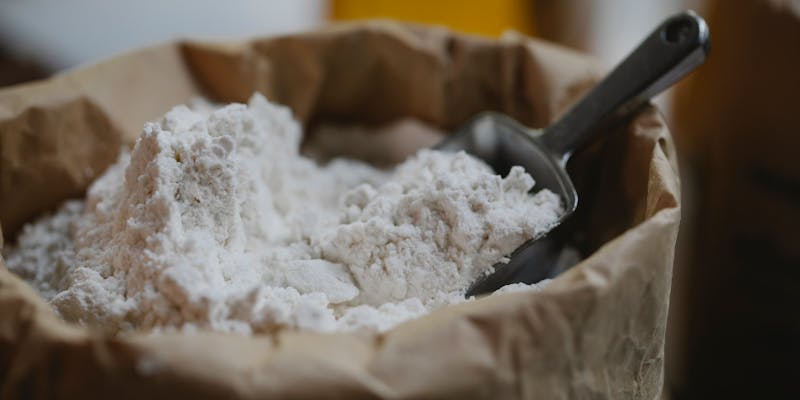Our hearts are the most important organ we have, and our brain is the other great powerhouse of our body. Both organs need to be functioning optimally in order for us to live a productive and healthy life – regardless of age. To ensure they do exactly that, it’s essential we pay close attention to our cholesterol levels, which can dramatically affect both of these vital organs when left unchecked or unregulated. In this blog post, I'm going to explain how lowering your cholesterol will benefit not only your heart health but also your overall mental well-being so you can stay on top form at any age.
Understanding Cholesterol – What it is and How it Affects Your Health?
Cholesterol is a substance that is essential for our body to function properly, but too much of it can be harmful to our health. Understanding what cholesterol is and how it affects our health is key to maintaining a healthy lifestyle. Cholesterol is a fatty substance that is produced naturally in our liver and can also come from the food we eat.
When too much cholesterol is present in our blood, it can build up in the walls of our arteries, leading to an increased risk of heart disease or stroke. It's important to monitor our cholesterol levels by getting regular check-ups with our healthcare provider and making lifestyle changes such as adopting a healthier diet and engaging in regular physical activity.
Link between High Cholesterol Levels and Heart Health:
High cholesterol levels can wreak havoc on our heart health, causing a multitude of complications that are both dangerous and potentially life-threatening. When our arteries become clogged with too much cholesterol, it limits our blood flow and puts extra stress on our heart, leading to a variety of health issues such as heart attack and stroke. It's essential to keep our cholesterol levels in check through a healthy lifestyle, including a balanced diet, exercise, and regular medical checkups.
Dietary Changes to Lower Cholesterol Naturally:
Making dietary changes is a natural and effective way to reduce cholesterol levels. It doesn't have to be complicated or mean giving up your favorite foods. Instead, try swapping out saturated and trans fats for healthier options like mono- and polyunsaturated fats found in foods like nuts, seeds, and avocado.
Incorporating more fiber-rich foods like fruits, vegetables, and whole grains can help lower cholesterol levels. And don't forget about the power of lean proteins like chicken and fish.
The Role of Exercise in Lowering Cholesterol:

Cholesterol is a sticky, waxy substance that, in high levels, can clog arteries, putting individuals at risk for heart disease. While medication can help to lower cholesterol, exercise is an equally effective method of treatment.
Exercise can help to increase levels of high-density lipoproteins (HDL), which is considered to be "good" cholesterol. HDL helps to transport the harmful, low-density lipoproteins (LDL) out of the arteries and into the liver where they can be broken down and excreted.
Regular exercise can help individuals to maintain a healthy weight, which in turn can help to lower cholesterol levels. Adding exercise to a cholesterol-lowering regimen not only has physical benefits, but it can also improve mental health and overall well-being.
Benefits of Exercise for Cholesterol Management:
Helping lower cholesterol levels, exercise has a multitude of benefits for our overall health. It can help reduce stress and anxiety, improve sleep quality, boost energy levels, and increase brain function. Exercise is also essential for maintaining strong bones and muscles as we age.
The Link between Regular Exercise and "Good" Cholesterol:
Exercise plays a vital role in maintaining healthy levels of HDL cholesterol. As we engage in physical activity, our body produces enzymes that help to move LDL from the arteries and into the liver for disposal. At the same time, it helps to raise HDL levels, making exercise an essential tool for managing cholesterol.
Types of Exercises Effective in Lowering Cholesterol:
Any type of exercise that gets the heart rate up and the body moving can be effective in lowering cholesterol levels. This includes activities like brisk walking, running, biking, swimming, strength training, and even yoga. The key is to find an activity that you enjoy and can stick with consistently.
Creating a Cholesterol-Friendly Workout Regimen:
Incorporating regular physical activity into your routine doesn't have to be complicated or time-consuming. Start small and gradually increase the duration and intensity of your workouts as you build up endurance and strength.
The Impact of Exercise Intensity on Cholesterol Levels:
Studies have shown that even short bursts of high-intensity exercise can be effective in lowering cholesterol levels. This is because intense exercise helps to increase the production of enzymes that move LDL out of the arteries and into the liver where it can be broken down.
Supplements That Help Reduce Cholesterol Levels:
In today's society, many individuals struggle with maintaining healthy cholesterol levels. There are supplements available that can help reduce cholesterol levels. One such supplement is omega-3 fatty acids, which can be found in fish oil capsules.
These healthy fats can improve heart health by lowering the level of bad cholesterol and raising the level of good cholesterol. Another supplement to consider is plant sterols, which can be found in fortified foods or taken as a pill. These natural compounds work by blocking the absorption of cholesterol into the bloodstream.
Red yeast rice extract, a traditional Chinese medicine, can also help lower cholesterol levels. It works similarly to statin medications by inhibiting the production of cholesterol in the liver.
Taking a Holistic Approach to Lowering Cholesterol for Optimum Health:

Lowering cholesterol may seem like a daunting task, but taking a holistic approach can make it feel more manageable. Instead of just focusing on one aspect of your health, like diet or exercise, taking a well-rounded approach that considers all aspects of your health can lead to better results.
This includes;
- Making lifestyle changes like incorporating more physical activity
- Choosing healthier food options
- Reducing stress levels
Medication can also play a role in lowering cholesterol, but taking a holistic approach can help ensure that all aspects of your health are addressed for overall optimum health.
Conclusion:
It’s important to take a holistic and proactive approach to managing cholesterol levels. Regular exercise, a healthy diet, supplements like omega-3 fatty acids, and self-care are all essential components of maintaining healthy cholesterol levels. Health practitioners can be great resources for further information and advice. If you’ve been struggling with high cholesterol, the best thing you can do is to start taking action today. Making dietary changes and getting regular physical activity now is one of the best decisions you can make towards maintaining a strong heart health in the future.




